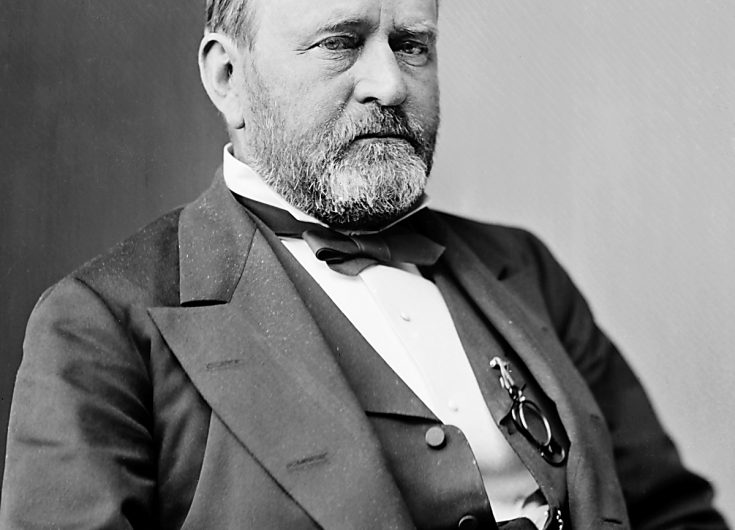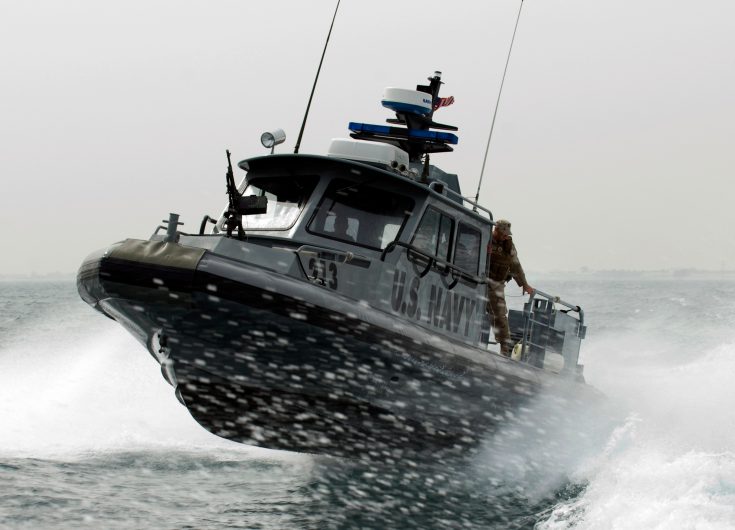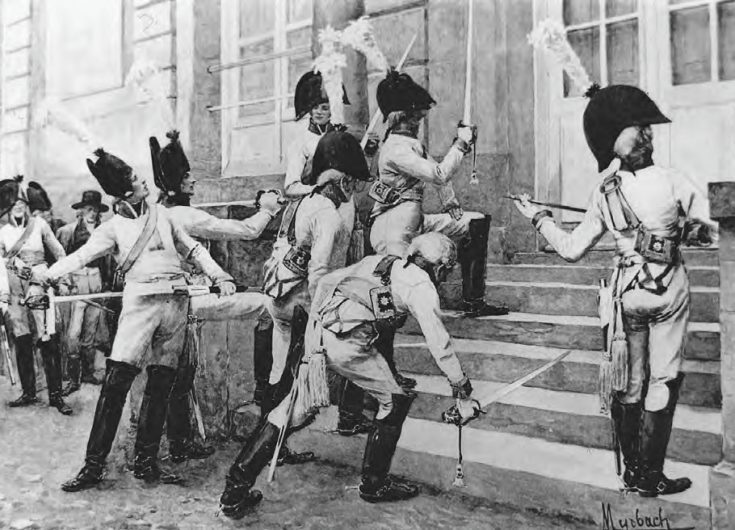January 16, 2009
In The Art of War, the only one of his major writings published during his lifetime, Machiavelli sets out to consider that topic from the standpoint of the superintending military commander. The Art of War is divided into a preface and seven books (chapters), presented as a series of dialogues that take place in the garden of Cosimo Rucellai, a friend of Machiavelli, who had died two years before the book was published. Cosimo and his guests, including a silent Machiavelli, respectfully question a visitor, Fabrizio Colonna, who is treated as a military authority. Fabrizio discusses how an army should be raised, trained, organized, deployed and employed. His model is the Roman Legion of the Republic, which he argues should be adapted to the contemporary situation of Renaissance Florence.







